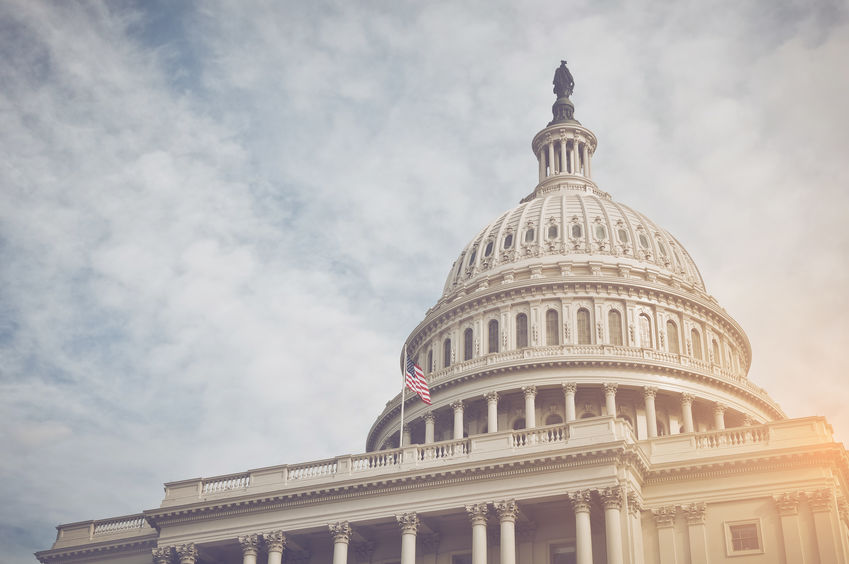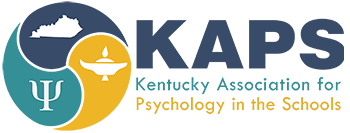Dear Colleague,
The National Association of School Psychologists (NASP) is pleased to present the enclosed education policy recommendations, Ready to Learn, Empowered to Teach: Excellence in Education for the 21st Century, for inclusion in the national debate over how best to help all of America’s children achieve their fullest potential. NASP represents over 25,000 school psychologists who work with students, educators, and families to support the academic achievement, positive behavior, and mental wellness of all students, especially those who struggle with barriers to learning. We would like to collaborate with you to make education that meets the needs of the whole child a national priority.

Ready to Learn, Empowered to Teach outlines five principles necessary to ensure excellence in education by lowering barriers to learning and effective teaching. Too often, students of all ages come to class struggling with life challenges that can interfere with instruction, impede achievement, and undermine the school climate. Preventing or remedying such barriers is critical to school success. Teachers cannot do this alone and it is counterproductive to expect this of them. Effective student support services enable teachers, administrators, and parents to know how best to ensure that students are ready and able to learn. They also help to select evidence-based interventions to guide progress monitoring, and to implement accountability measures that inform better instruction and provide a comprehensive picture of student and school achievement.
The five Ready to Learn, Empowered to Teach principles call for providing:
1. Comprehensive curricula matched with individualized instruction.
2. Sufficient student support services to address barriers to learning for all students on a continuum of care that engages families and community providers.
3. Comprehensive accountability and progress monitoring measures that provide a valid picture of student and school functioning.
4. Professional development and supports for teachers and other educators necessary for instructional excellence.
5. Federal leadership and school-based research to promote effective services that support the whole child in the learning context.
Ensuring quality, genuinely accessible education for all children is our nation’s most important responsibility and wisest investment. Services that lower barriers to learning are not ancillary to this mission but rather central to the supportive educational process necessary to prepare all of America’s children for academic success, healthy development, and responsible citizenship. NASP is committed to working with policymakers, educators, parents, and others concerned with helping children achieve their best. We have long led or collaborated on efforts to improve learning and development related to issues such as special education, school-based mental health services, culturally competent practice, improved home-school collaboration, effective discipline and violence prevention, and school crisis response.
We look forward to working with you in the months ahead as our nation’s leaders collaboratively work to craft education policies that will truly achieve excellence in education and a positive future for all children for the 21st century. Please feel free to contact us at (301) 657-0270 with your questions and comments.
Sincerely,
Ralph E. “Gene” Cash, PhD, NCSP
President
Susan Gorin, CAE
Executive Director
More on NASP Advocacy: https://www.nasponline.org/research-and-policy/advocacy


